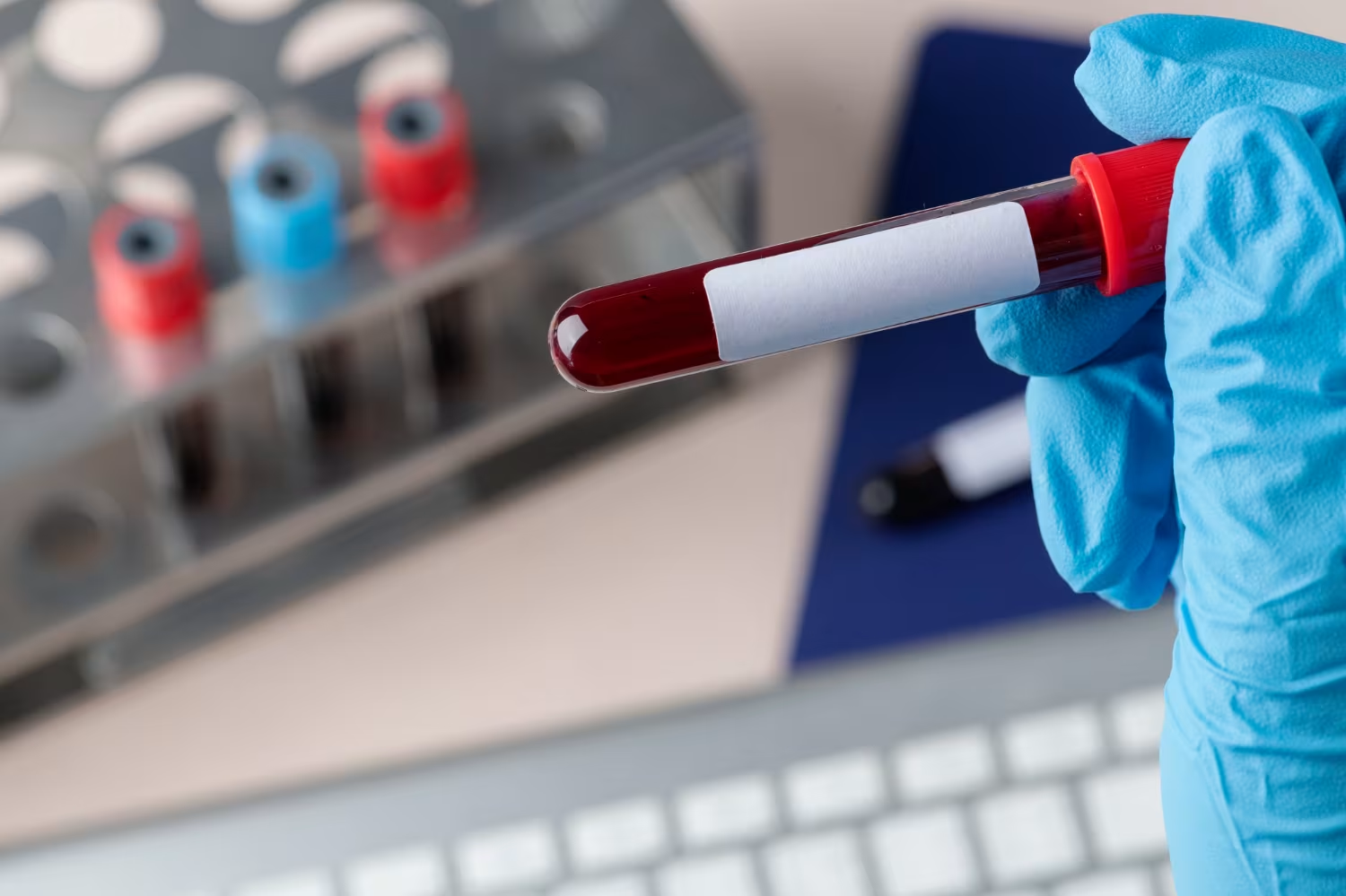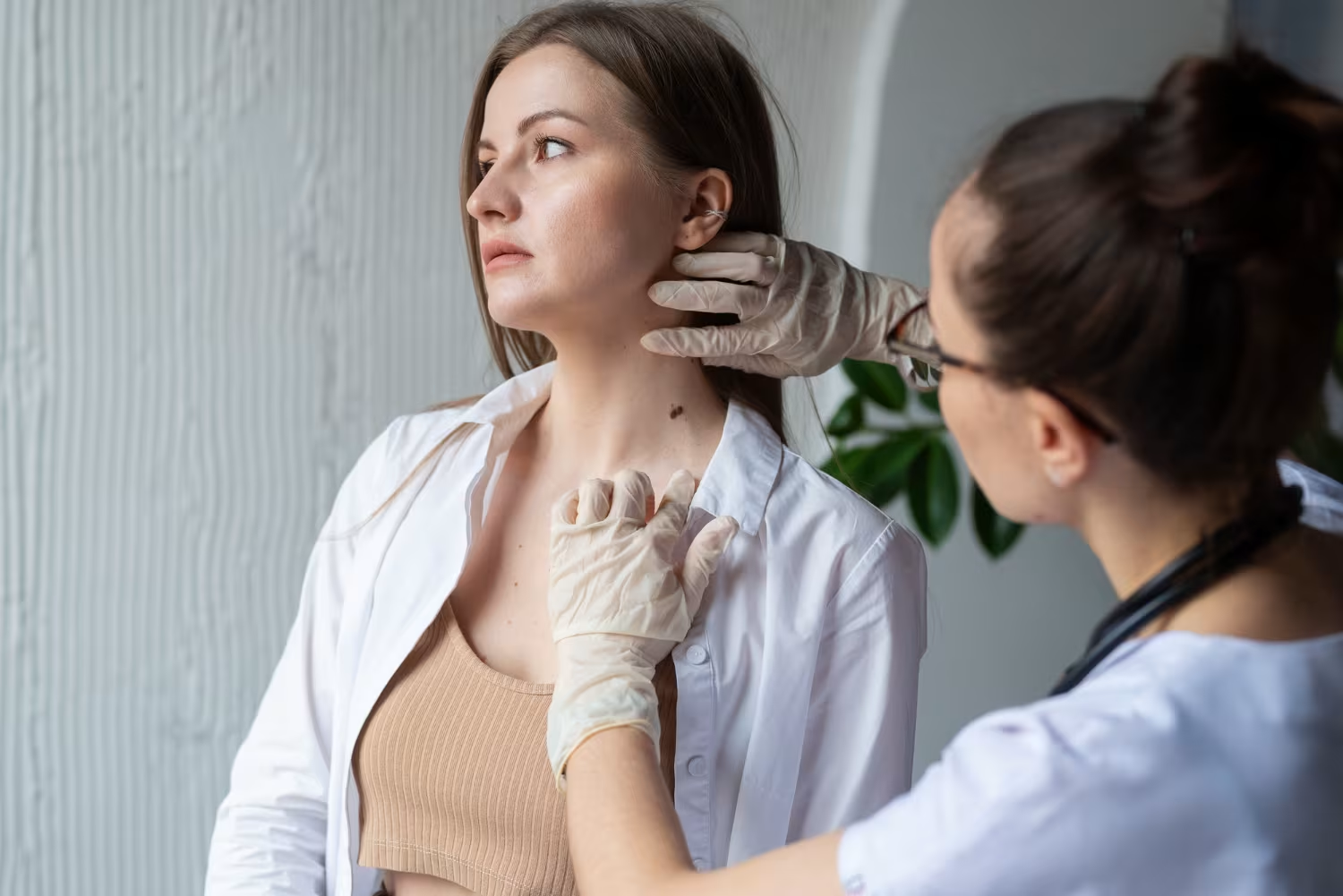.avif)
ADHD isn't just a childhood condition — it's something many adults live with every day, often without even knowing it. And one of the areas where it can make life tough is in relationships. If you or your partner has ADHD, you might find yourself wondering: How can ADHD affect relationships? Or, why does it feel like we keep having the same arguments over and over again?
Let's explore how ADHD and relationships interact, the hidden struggles many couples face, and some practical ways to reconnect and strengthen your bond.
ADHD (Attention Deficit Hyperactivity Disorder) is a neurodevelopmental condition that affects focus, impulse control, emotional regulation, and organisation. When left undiagnosed or untreated, these symptoms can quietly strain even the strongest partnerships.
To learn more about ADHD symptoms and how they can impact daily life, visit our blog on understanding ADHD.
These behaviours don't mean someone doesn't care. They're symptoms of ADHD in adults, and relationships often suffer when they're misunderstood.
Many partners of people with ADHD say they feel invisible. ADHD can make it hard to stay present in conversations or remember important moments, which may come across as disinterest.
This is one of the most common and destructive patterns in ADHD relationships. One partner becomes the “responsible oneâ€Â, while the other becomes the “child†who needs constant reminders or corrections. Resentment builds on both sides.
If you're noticing these patterns, you may benefit from speaking to a private relationship therapist.
ADHD and boredom in relationships often go hand in hand. ADHD brains crave novelty, so long-term relationships can feel less stimulating over time. The initial “hyperfocus†(where someone with ADHD dotes obsessively on their partner early on) fades, and this can feel confusing or hurtful.
Arguments may escalate quickly. One partner may feel they're always nagging, while the other feels constantly criticised. This creates a cycle of conflict, avoidance, and disconnection.
Absolutely. Undiagnosed ADHD and relationships often lead to recurring issues that get worse over time, especially if the root cause isn't understood. ADHD in adults and relationships can quietly erode intimacy, connection, and trust.
But here's the good news: with the right strategies and support, couples can thrive.
If you suspect ADHD might be affecting your relationship, getting assessed is a vital first step. Understanding what's going on gives you clarity, compassion, and a path forward. Learn more about how to get diagnosed with ADHD in the UK.
Both partners need to understand how ADHD affects daily life and emotional patterns. This helps reduce blame and boosts empathy.
Use reminders, calendars, shared to-do lists, or even apps to manage forgetfulness and tasks. These can reduce tension and build trust.
Define what each partner needs to feel safe, respected, and valued. This includes alone time, responsibilities, and ways of handling conflict.
Plan time to connect, have fun, and rediscover each other. Little gestures of affection can go a long way.
Therapy or couples coaching, especially with someone who understands ADHD in adults and relationships, can make a world of difference.
ADHD can lead to forgetfulness, impulsivity, and emotional dysregulation, which strain communication, trust, and shared responsibilities in a relationship.
Yes, untreated or undiagnosed ADHD is a common cause of relationship tension, misunderstandings, and emotional distance.
Possibly. ADHD and relationship issues often involve recurring patterns of miscommunication, distraction, and frustration. Recognising this can help you break the cycle.
Absolutely. With awareness, boundaries, support, and sometimes treatment, people with ADHD can build strong, loving, and lasting relationships.
ADHD partners may lose interest or feel restless once the “newness†wears off. They may struggle to maintain focus or affection without intentional effort.
If you're navigating ADHD and relationships, know that you're not alone — and it's not hopeless. Understanding the condition, communicating with empathy, and working together can transform your relationship from strained to supportive.
If you think ADHD might be affecting your relationship and want to explore assessment or support options, feel free to reach out to us by booking an ADHD assessment at Private Medical Clinic. We're here to help.





